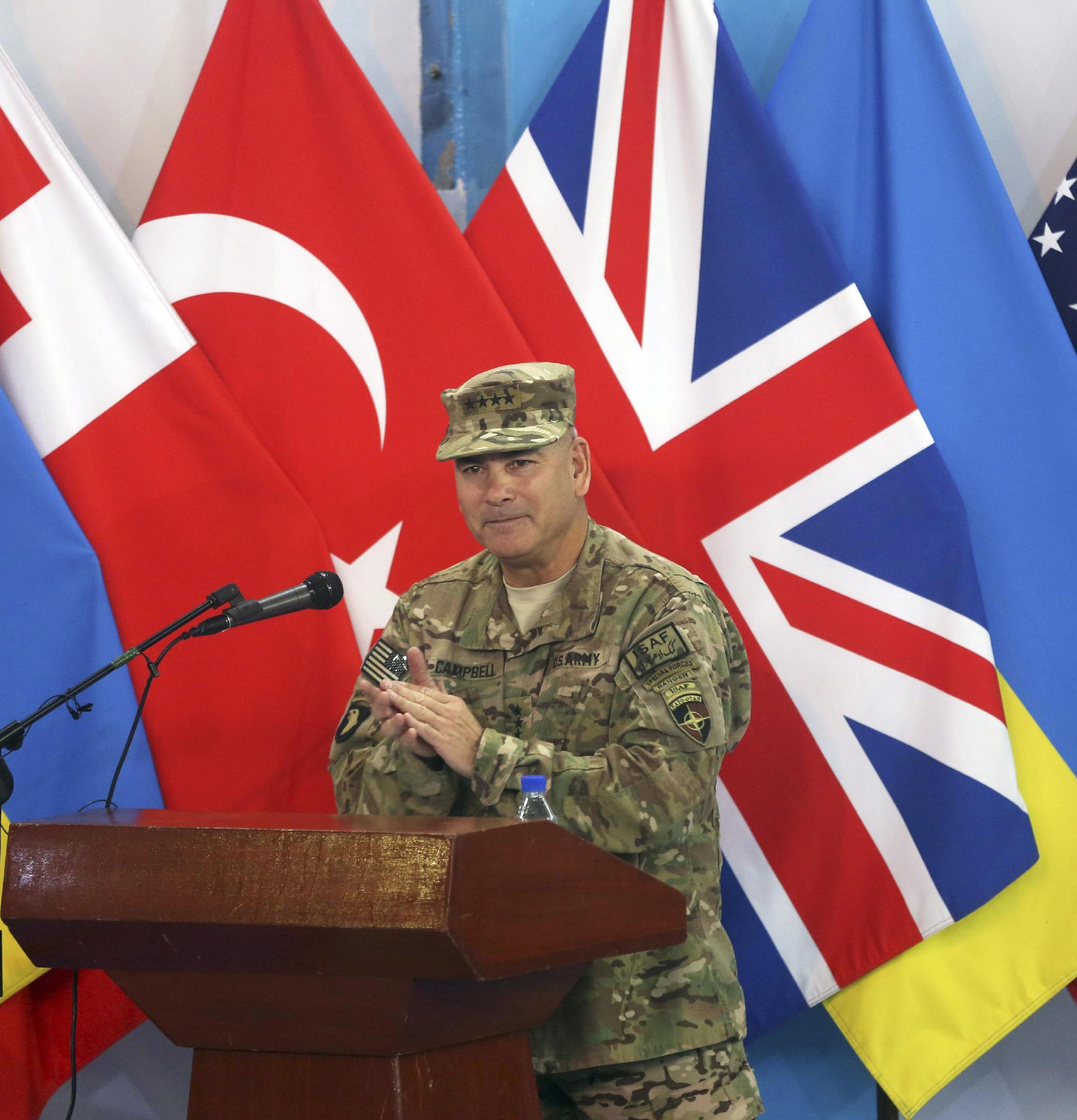NATO marks end of Afghan combat mission amid fears of fresh insurgency
NATO formally ended its war in Afghanistan on Sunday, holding a low-key ceremony in Kabul after 13 years of conflict that have left the country in the grip of worsening insurgent violence. The event was arranged in secret due to the threat of Taliban strikes in the Afghan capital, which has been hit by repeated suicide bombings and gun attacks over recent years. On January 1, the US-led International Security Assistance Force (ISAF) combat mission, which has suffered 3,485 military deaths since 2001, will be replaced by a NATO “training and support” mission. About 12,500 foreign troops staying in Afghanistan will not be involved in direct fighting, but will assist the Afghan army and police in their battle against the Taliban, who ruled from 1996 until 2001.
I hope you take great pride in the positive impact you’ve made and will continue to make upon the Afghan people. The road before us remains challenging, but we will triumph.
General John Campbell, U.S. commander of international forces in Afghanistan
Sunday’s ceremony – held in a sports hall at NATO headquarters – completed the gradual handover of responsiblity to the 350,000-strong Afghan forces, who have been in charge of nationwide security since last year. Campbell folded up the ISAF flag and unveiled the flag of the new mission, named Resolute Support. Recent bloodshed has undermined claims that the insurgency is weakening and has highlighted fears that the international intervention has failed as Afghanistan faces spiralling violence. The United Nations says that civilian casualties hit a record high in 2014, jumping by 19 percent with 3,188 civilians killed by the end of November.

Politics Afghanistan